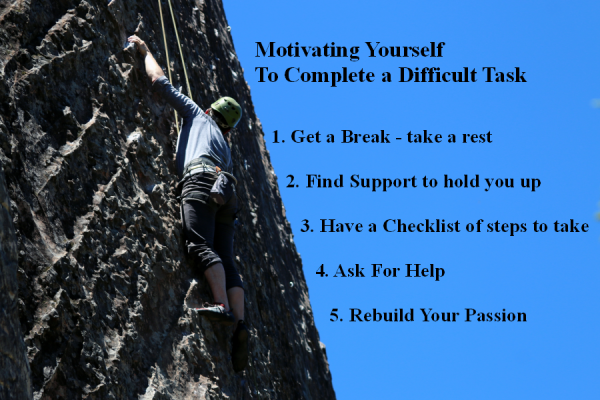Tips on How to Get Back Into School Life If You’re an Adult
Going back to school as an adult may seem like an impossible task, especially if you have a full life as it is. But if you are planning on returning to school again, here are some helpful tips on how to make it look easy. Try to get as organized as possible One of the […]




